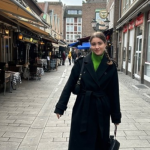Students abroad: Tereza in Düsseldorf
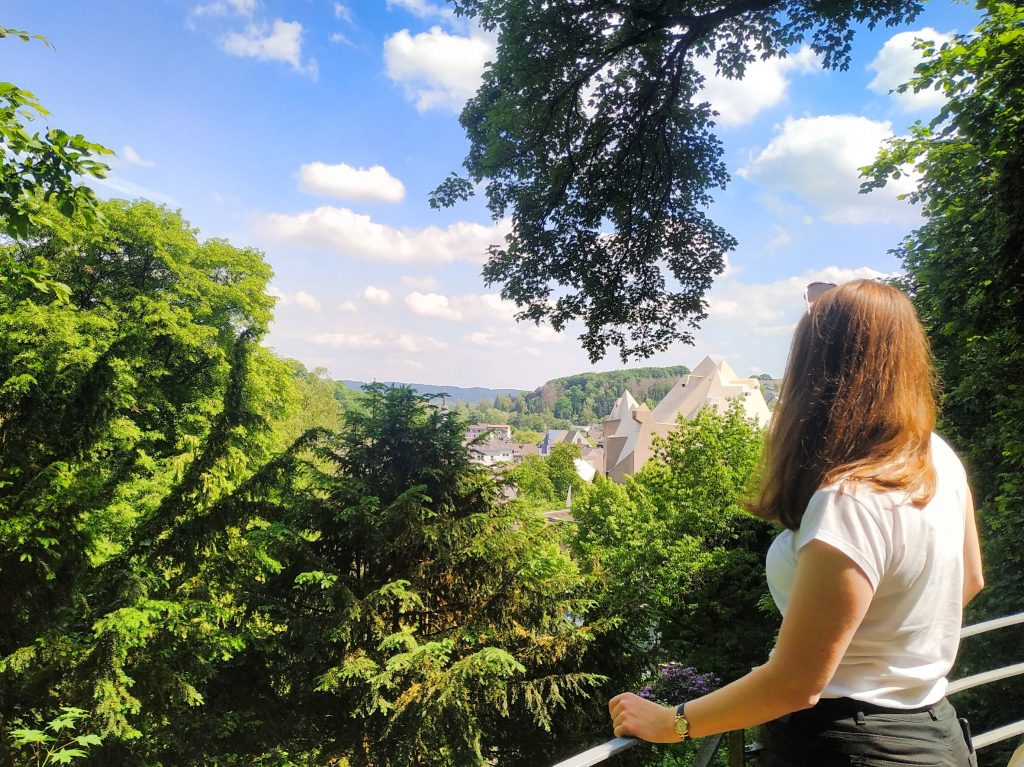
Tereza Novotná is a student at the Institute of International Studies. She has a lot of experience with studying abroad and this time she told us about her semester in Düsseldorf.
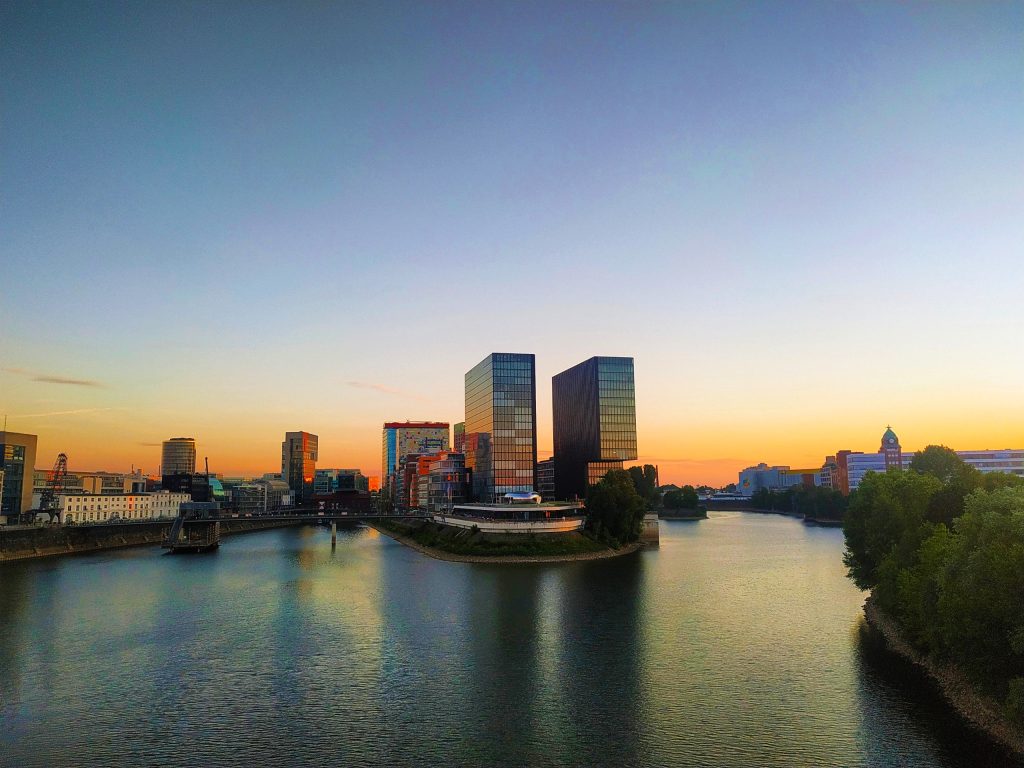
Hi, Tereza, thank you for your willingness to share with us your experience abroad. Can you tell us something about yourself? What do you study? Where did you spend your exchange stay?
Hi! My name is Tereza Novotná and I am a master’s student of German and Central European studies at the Institute of International Studies at FSV UK. I am 25 years old, and I would like to share with you my experience with DAAD (DSG Project– Deutschsprachige Studiengänge). My stay in Düsseldorf has already been my fourth semester abroad and for me the best one.
Where did you learn about the Exchange programme? Where did you find more information about it?
I noticed that our Department of German and Austrian Studies regularly offers scholarships within the DSG Project in cooperation with the DAAD and Heinrich Heine University in Düsseldorf every year. I found all the information on the department’s Facebook page, and Dr. Zuzana Lizcová, who is in charge of this exchange programme, willingly answered all my questions.
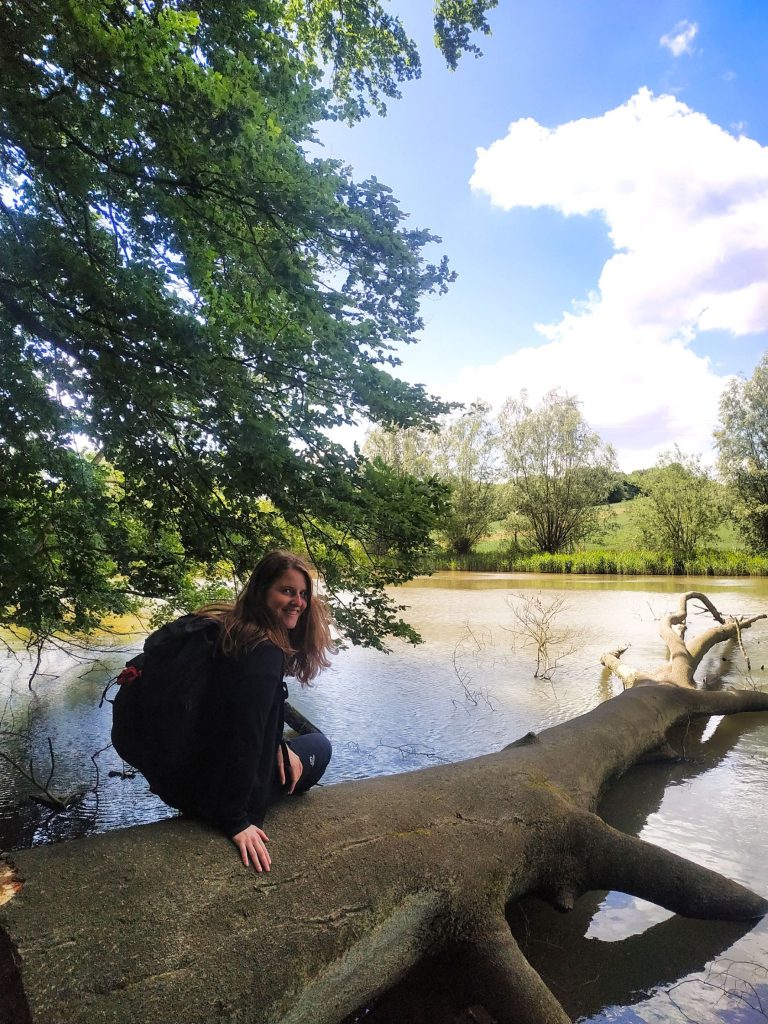
Why did you choose this programme?
To be honest, I just wanted to try to get through the selection procedure. I didn’t expect to be chosen. I knew that this was probably the last chance to study abroad, and I was interested in the conditions of this scholarship, which are more interesting for a student than the “traditional” Erasmus.
When choosing your exchange programme where did you start from: having your dream destination in mind, and searching for a way to get there, or did you just want to have an experience abroad (wherever) and you chose among the offered possibilities?
I just saw the offer and seized the opportunity. 🙂 I had already been on Erasmus in Regensburg (2 semesters) and Cracow (1 semester), so I knew how it works and what it’s like to live in a foreign country. But I just couldn’t resist such a great once-in-a-lifetime offer.
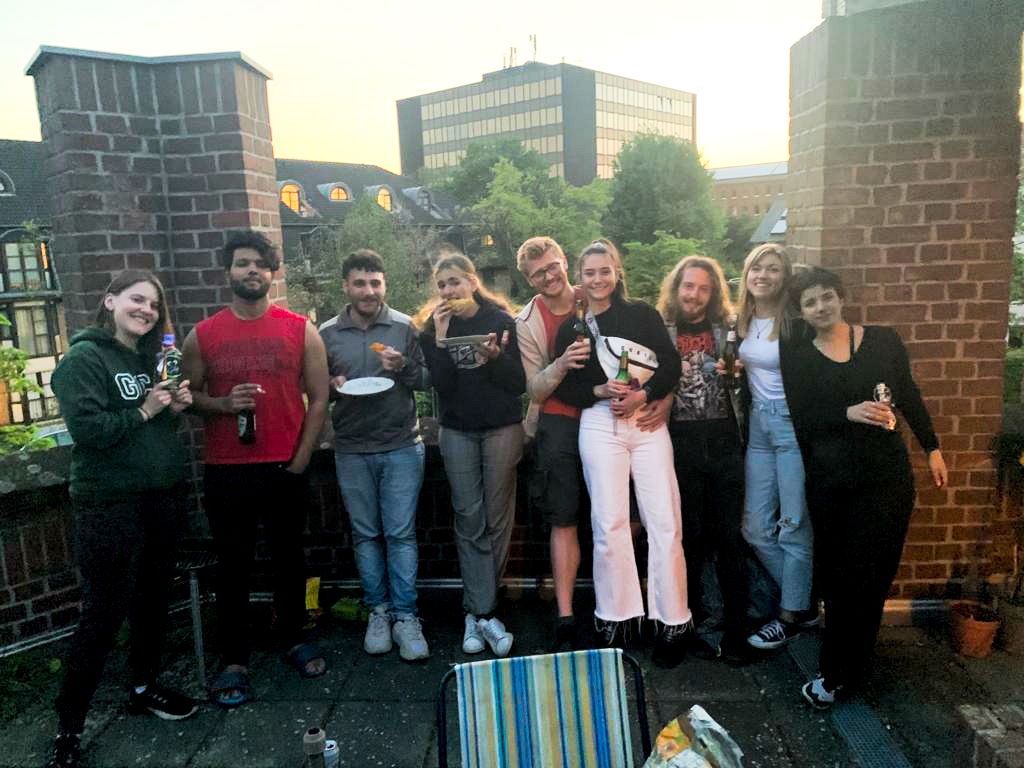
Tell us something regarding your first days. How was the acclimatization process: any culture shock? What about the classes, teachers, classmates? Have you been experiencing any language barrier or any other difficulties?
Germany is culturally very close to the Czech Republic, so there was nothing that surprised me. I can speak German, so I was also able to enroll in subjects that were intended for local German students and improve my language skills more effectively. I was interested in the fact that every tenth student at HHU is a foreign student, so the university offers many lectures and seminars not only in English but also in many other languages. In addition, the university has a language center where you can study almost all possible languages.
If I should mention some differences between Czech and German students, I noticed that they hardly talk to each other during breaks, and everyone does their own thing in silence. On the contrary, they are more active during seminars and are not afraid to ask various questions.
How was your daily life there? Was it as you expected it? If you had the possibility, would you extend your stay?
Since I went to Düsseldorf at the very end of my studies, I didn’t need many credits and thus had more time for my diploma thesis and traveling. During the week, I divided my time between seminars at the university, my diploma thesis, and traveling. With student card you also receive the semester ticket, so you can use regional transport throughout the state of North Rhine-Westphalia for free. So every week I went on at least one or two trips and at the same time spent practically no money. So yes. I would extend my stay.
Would you recommend the destination to other students? Would you recommend this type of mobility?
Definitely. Düsseldorf is a beautiful city, the Ruhr area has a very special character and West Germany offers many interesting places worth visiting.
I also think the DSG project is great because, unlike Erasmus, you get more money, you don’t have a set number of credits to complete, and the coordinators are very helpful and nice. Since it’s just a small project, they only have a few students in charge and can devote more time to you. Our German coordinator even invited us to an informal dinner where we could get to know each other better.
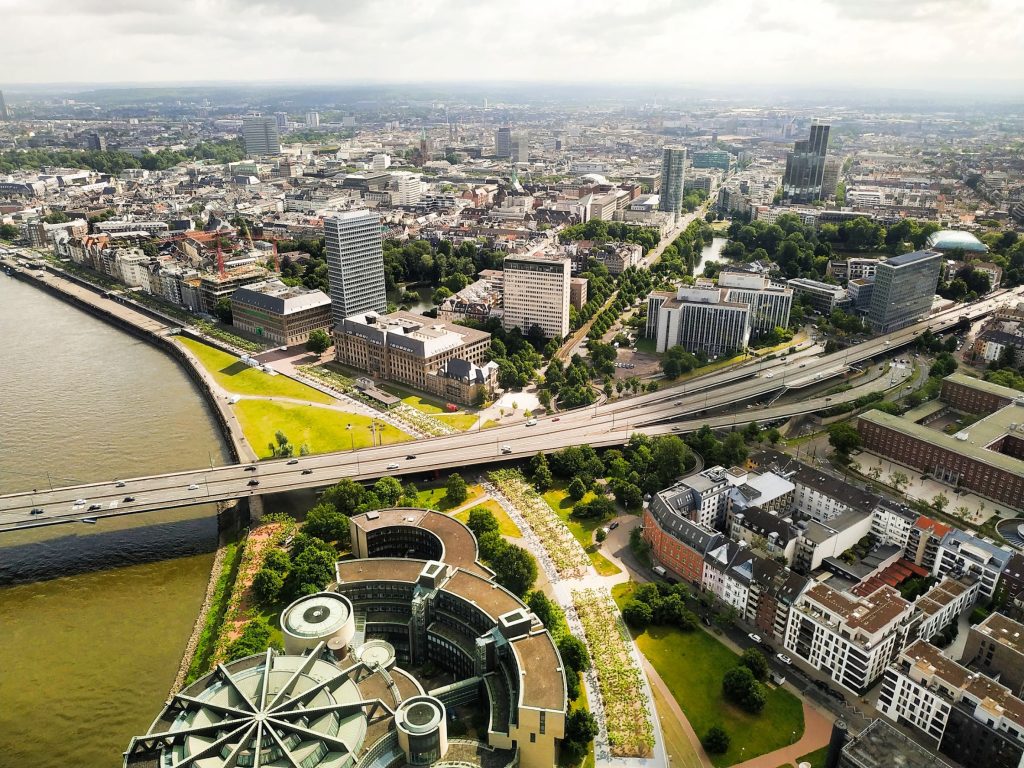
Do you want to go abroad as Tereza did? Check out the current outgoing opportunities.

